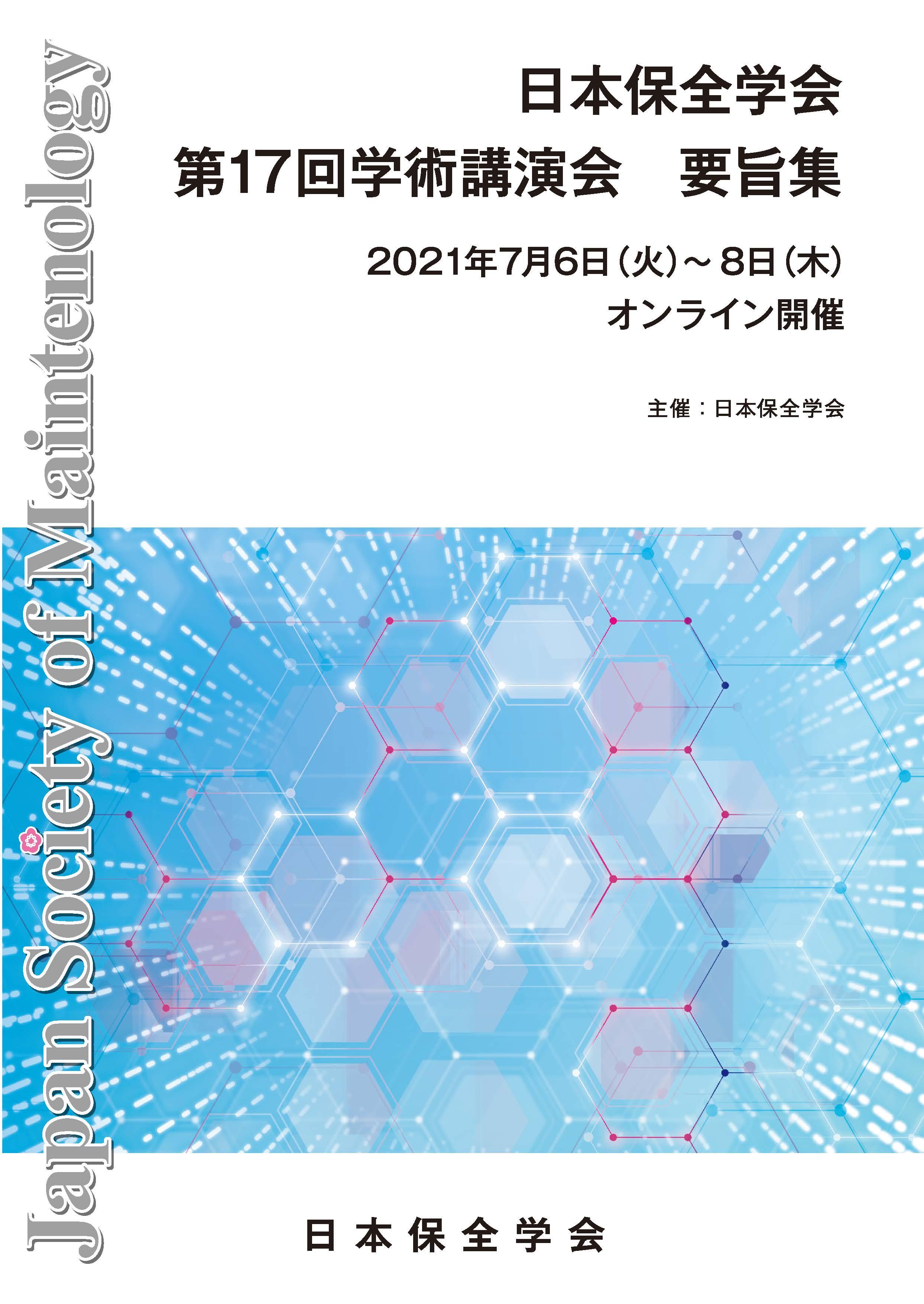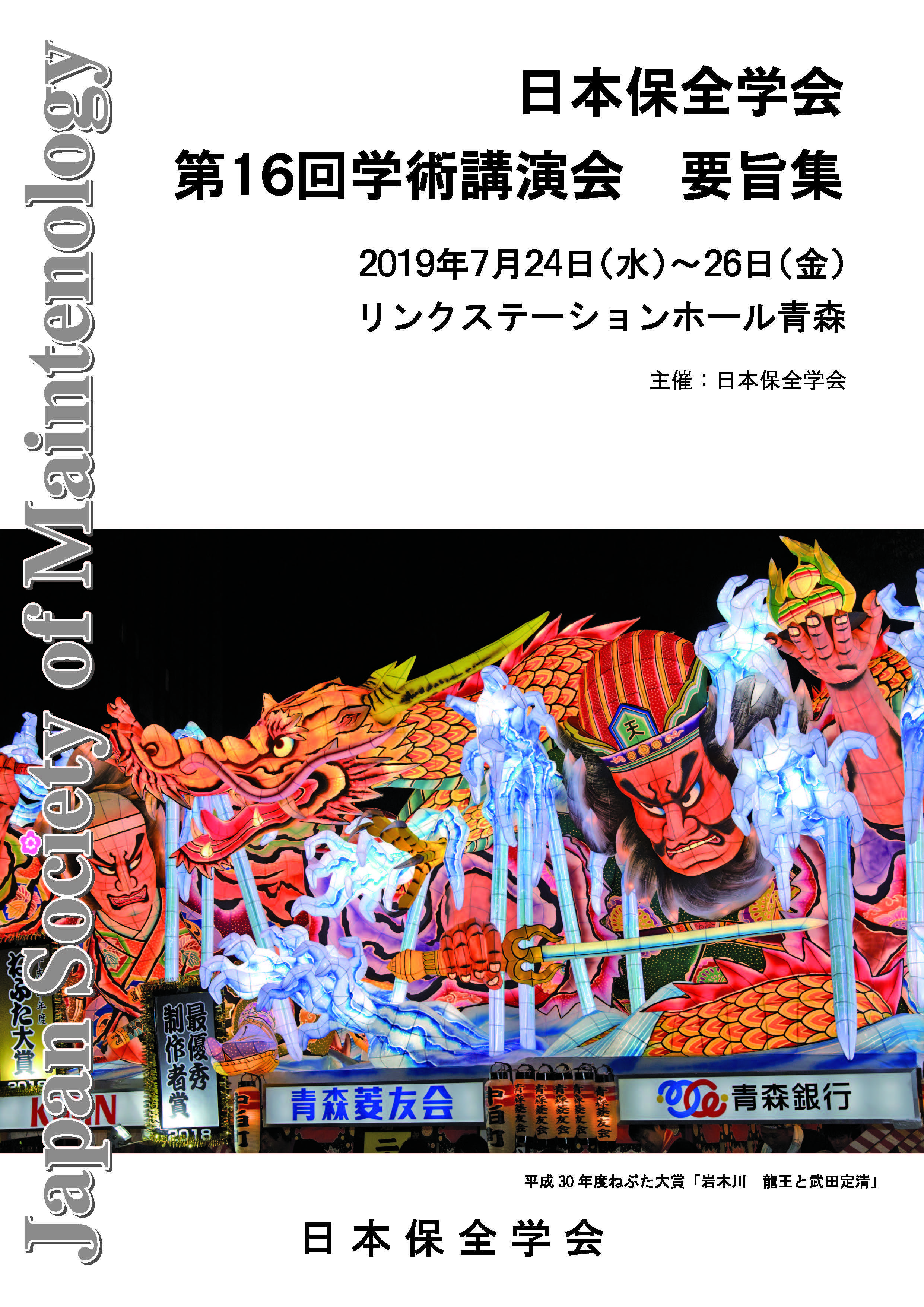沸騰水型原子炉の重大事故時における化学スプレイの噴霧が安全系ケーブルの絶縁性能に及ぼす影響
Influence of Chemical Spray Injection during Severe Accident Conditions in Boiling Water Reactors on Insulation Performance of Safety-related Cables
著者:
皆川 武史 池田 雅昭 (原子力規制庁) 平井 直志 大木 義路 (早稲田大)
発刊日:
公開日:
aqueous solution of NaOHboiling water reactorcablechemical sprayelectrical insulation resistanceethylene propylene diene rubbernuclear power plantsevere accidentsilicone rubber
概要
Some safety-related cables installed in boiling water reactors in Japan are likely to be exposed to an aqueous solution of sodium hydroxide (NaOH) during a severe accident (SA). For examining the integrity of cables insulated with flame-retardant ethylene propylene diene rubber (FR-EPDM) and those insulated with silicone rubber (SiR), cable samples were subjected to the test that simulated a SA. Namely, after the cables were pre-aged to simulate the degradation induced in the normal operating conditions, they were irradiated by gamma rays and subsequently sprayed with a NaOH solution with a pH of 13 for 168 h in saturated steam at 171 °C. It was found that the insulation resistance per meter during the steam exposure is higher than 107 Om in the FR-EPDM cable. In contrast, a dielectric breakdown was observed in the SiR cable during the steam exposure. Visual observation conducted afterward indicates that the breakdown was caused by depolymerization of the SiR insulation.

